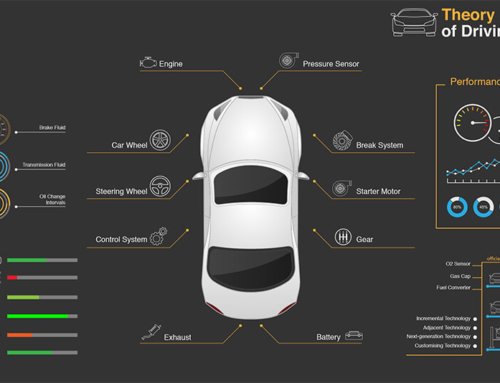
As well as dyslexia, we like to feature content about other ‘Dys-Diffs’ (our word for conditions on the nuero-diverse spectrum.) Over the next few weeks we will hear from Leena, an autistic candidate on the BBC’s extend scheme, and her manager Sean. The blog posts written by Leena and Sean will discuss the lessons learned by each party as they gain a greater understanding of each others’ unique perspective on the world.
Here are my 5 tips from personal experience, which have helped me to cope in the workplace. However, I would like to make one disclaimer, which is that every person on the spectrum is different and these tips may not necessarily work for everyone. This list may actually also help some of you managers out there who want to understand how neurodiverse individuals may need to manage their conditions.
1. You’re not alone.

It’s ok to be different and don’t blame yourself. Whatever struggles or issues you are going through, other people are experiencing them too. If it isn’t working, something isn’t right, it’s about trying to find the right solution for you and your manager.
2. Don’t be afraid.
Don’t be afraid to disclose your condition as you are likely to receive the support you need. Trust your manager. A manager’s role is to bring out the best in their team member and they can only do that if you are open about your condition.
3. Find a mentor.

Find a mentor to who can help you with your personal development and try to build a trusted support network of individuals who can act as pillars/ fixed points in times of need.
4. Find calming zones.

Find safe places or calming zones to go to when feeling anxious or stressed. Build structure and routines in order to cope with changes.
5. Find distraction techniques.

Find distraction techniques such as listening to music, taking a short walk, playing a game or just talking to your support network to regain focus.
Words by Leena Haque
 Leena Haque, BBC Neurodiversity Lead
Leena Haque, BBC Neurodiversity Lead
Leena came to work for the BBC as part of the Extend scheme in 2012. Following her Extend placement, Leena recognised a need to raise awareness of Hidden Disabilities and submitted a business case to support a project to review Neurodiversity in Employment, a project aimed at investigating workplace issues for people with hidden neurological conditions. Before joining the BBC, Leena gained a BA degree from Durham University and an MSc degree from London School of Economics.
If you like this post subscribe to this blog, join our newsletter or follow us on Facebook or Twitter to keep up to date with new content. You might also like our podcasts.
The Codpast is a multimedia production from www.extraordinaire.tv







